Embracing heritage, Mamdani marks watershed for South Asian Americans
Mamdani, winning a mandate with a left-wing agenda focused on making New York more affordable, has made history in many ways—as the first Muslim and first South Asian to lead America's largest city and, at 34, its youngest mayor in a century.
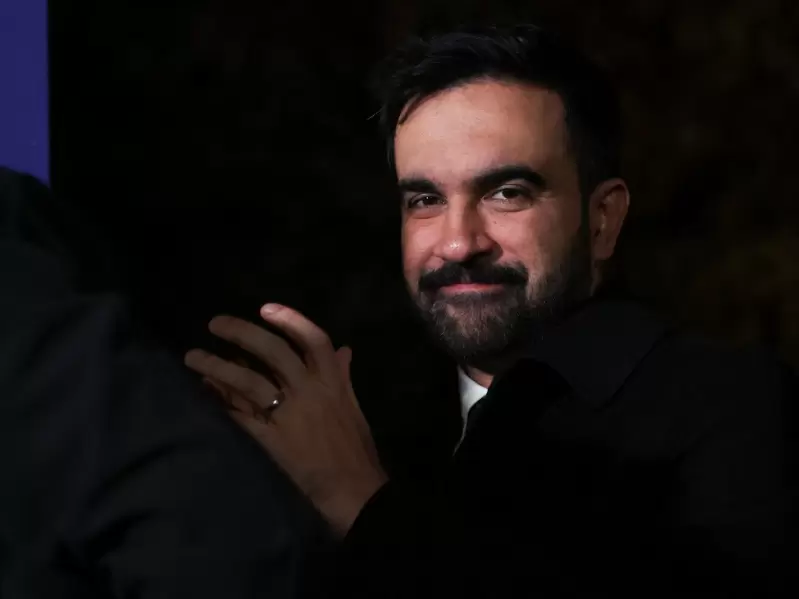 Zohran Mamdani / Reuters
Zohran Mamdani / Reuters
In a victory speech capping his meteoric rise, New York's mayor-elect, Zohran Mamdani, quoted at length from the famous "Tryst with Destiny" address by independent India's first prime minister, Jawaharlal Nehru.
As he left the stage to a cheering cross-section of the metropolis, the song on the speaker was not one of the many well-worn tunes about New York but the beats from a Bollywood blockbuster, "Dhoom."
Mamdani, winning a mandate with a left-wing agenda focused on making New York more affordable, has made history in many ways—as the first Muslim and first South Asian to lead America's largest city and, at 34, its youngest mayor in a century.
Also Read: Mamdani prepares for Mayoral office, calls for administration overhaul
But Mamdani's victory is a watershed not just for his identity but for how he embraces it—fully.
"I am young, despite my best efforts to grow older; I am Muslim; I am a democratic socialist; and—most damning of all—I refuse to apologize for any of this," Mamdani told supporters inside a Brooklyn music venue.
South Asians constitute one of the fastest-growing communities in the United States, totaling more than five million people, and have made major inroads into politics—notably former vice president Kamala Harris, whose mother was from India.
But candidates have handled their identity in sharply different ways. Two once-prominent Indian Americans, Nikki Haley and Bobby Jindal, both Republican governors of conservative Southern states, took pains to describe how they had become Christians.
"The comfort level expressing and embracing outwardly your identity has varied from candidate to candidate over the years," said Kishan Putta, an elected commissioner in Washington, DC, who serves on a Democratic Party advisory committee on Asian Americans.
Putta, who has followed South Asian candidates for years, also pointed to the victory in Virginia of Ghazala Hashmi as lieutenant governor, noting that the very first line on her website's online biography is how she was the first Muslim and first South Asian American to serve in the Virginia Senate.
"So it's not just candidates in cities or places with huge South Asian and immigrant communities," Putta added. "Candidates are getting much more comfortable in talking about their identity."
'Symbolic moment of acceptance'
For Mamdani, like many South Asians, that identity is not always concise to explain. He was born in Uganda to two prominent Indian-born parents—the academic Mahmood Mamdani and filmmaker Mira Nair, who is Hindu.
Mamdani has spoken passionately about Islamophobia following the September 11, 2001, attacks, counts a kebab counter in diverse Jackson Heights as his favorite restaurant, and days before the election campaigned car to car at LaGuardia Airport among taxi drivers, who are often South Asian.
Mamdani's openness on his background "certainly is a break from what we have seen in the past," said Sara Sadhwani, a political scientist at Pomona College who has studied South Asian Americans.
"But that very much goes along with Mamdani's brand of authenticity and embracing difference—fully accepting the nuance of those differences," she said.
"Even if all Indian Americans don't completely embrace his politics, it is nonetheless a symbolic moment of acceptance of Indian Americans."
Trump base attacks
President Donald Trump has furiously attacked Mamdani but has earlier courted Indian Americans, making gains in last year's election in a community that has historically voted Democratic and by some measures has the highest household income in the United States.
Trump's stance is not shared by all his base, with online far-right campaigners in recent months writing hateful comments against Indian Americans.
Trump in September yanked up the fee for a visa used by Indian tech workers as part of a broader crackdown on immigration.
Vice President JD Vance is married to an Indian American, Usha Vance, but recently raised eyebrows by saying he would be happy if she converted from Hinduism to Christianity. Vance accused critics of anti-Christian bias.
Vivek Ramaswamy, the pro-Trump Indian American tech entrepreneur running for governor of Ohio, said one lesson from Nov. 4's losses was, "Cut out the identity politics. It doesn't suit Republicans."
Dinesh D'Souza, a longtime Republican militant born in India, wrote, X: "A very loud group on the Right said, 'Indians go home,' and so many of them did—to the Democratic Party."
ADVERTISEMENT
ADVERTISEMENT
E Paper
Video



 AFP
AFP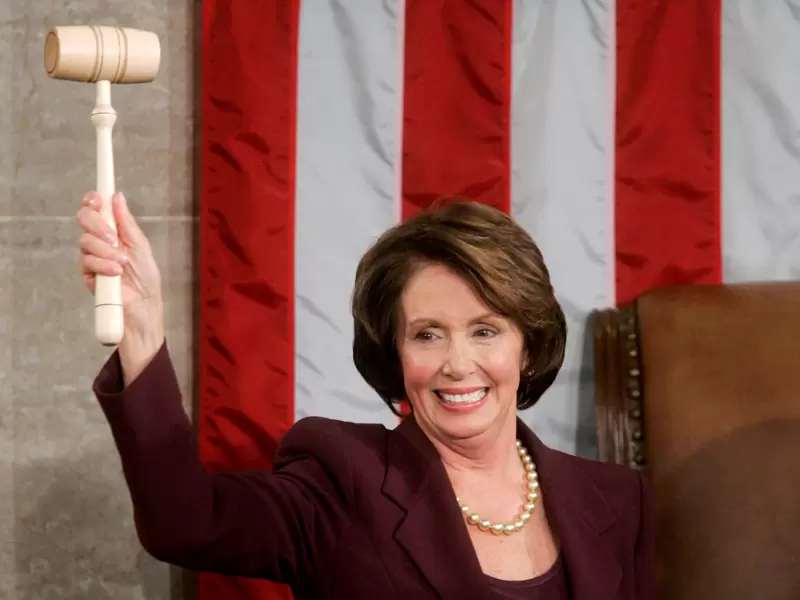
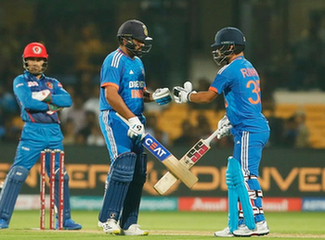
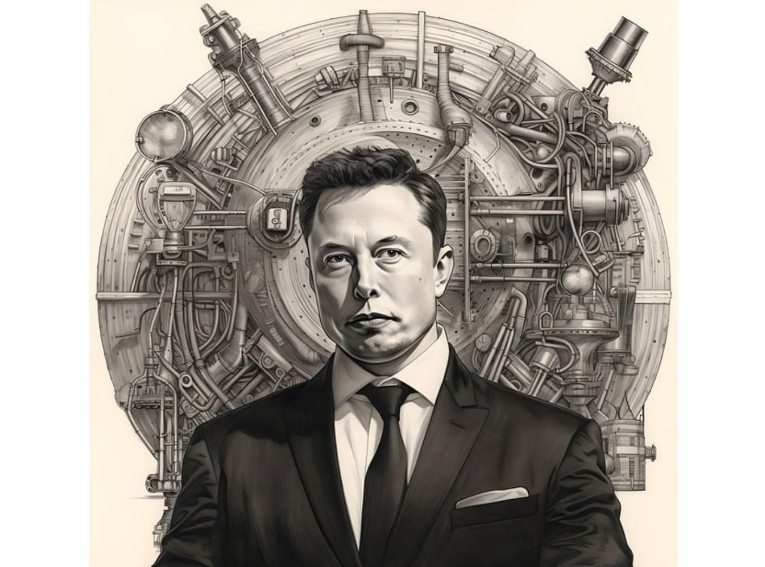

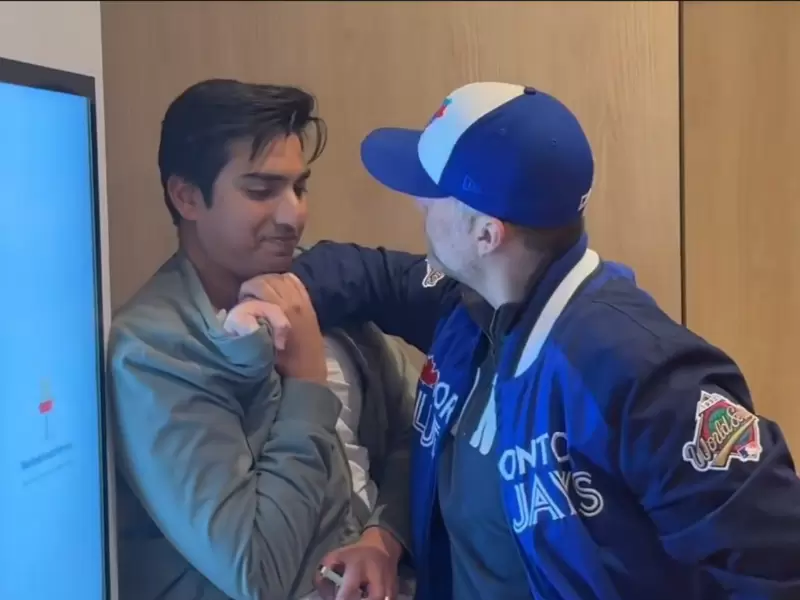
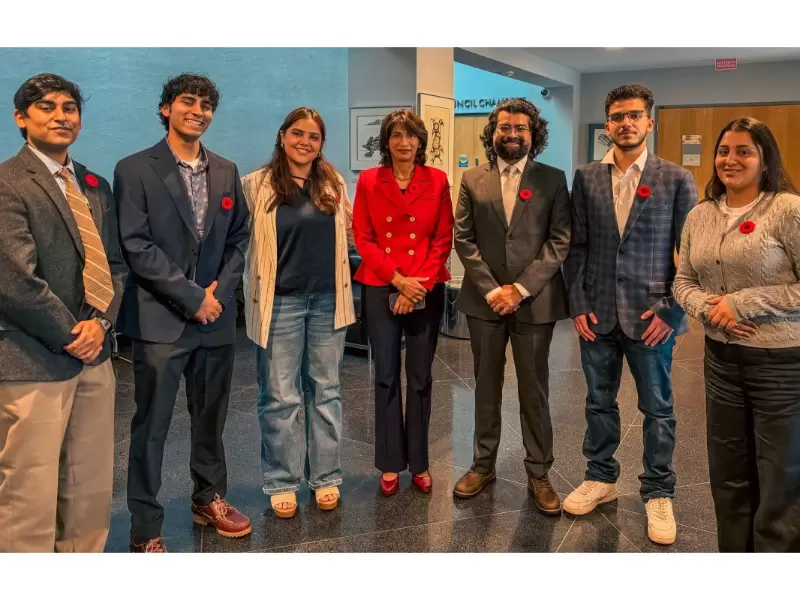
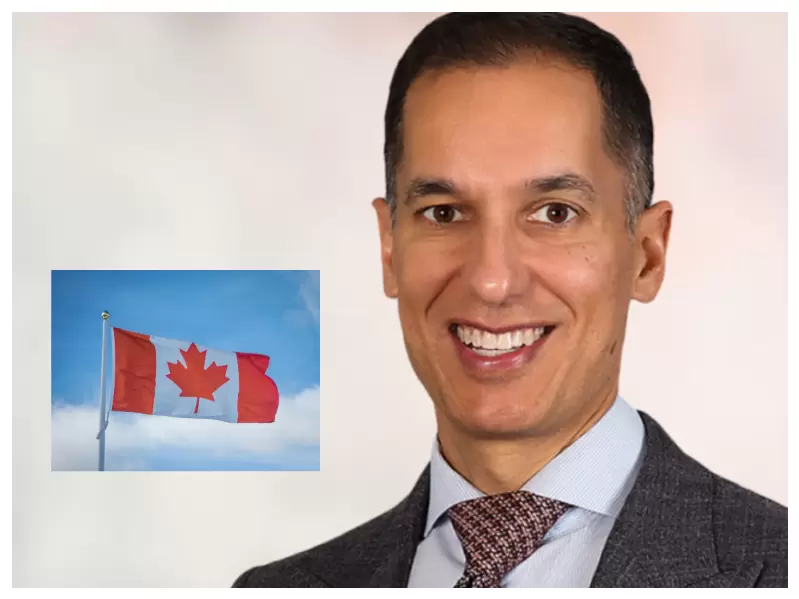
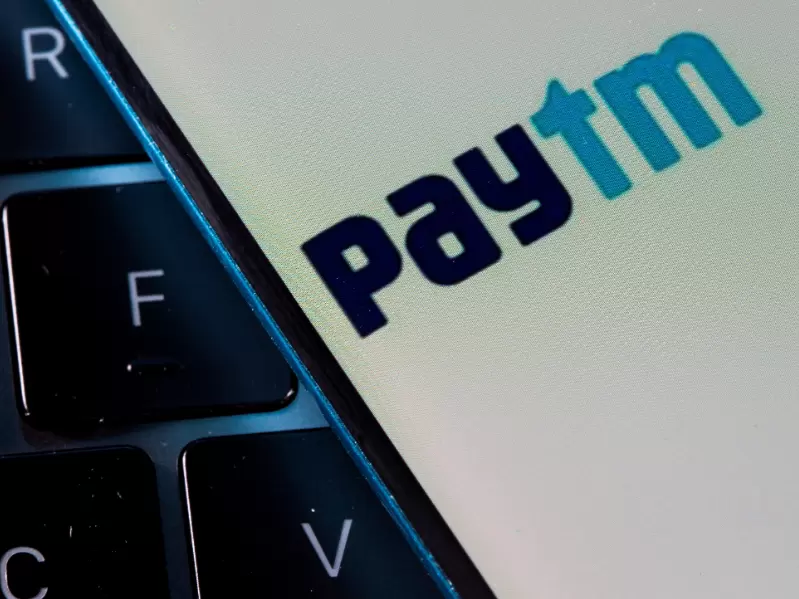
.png)
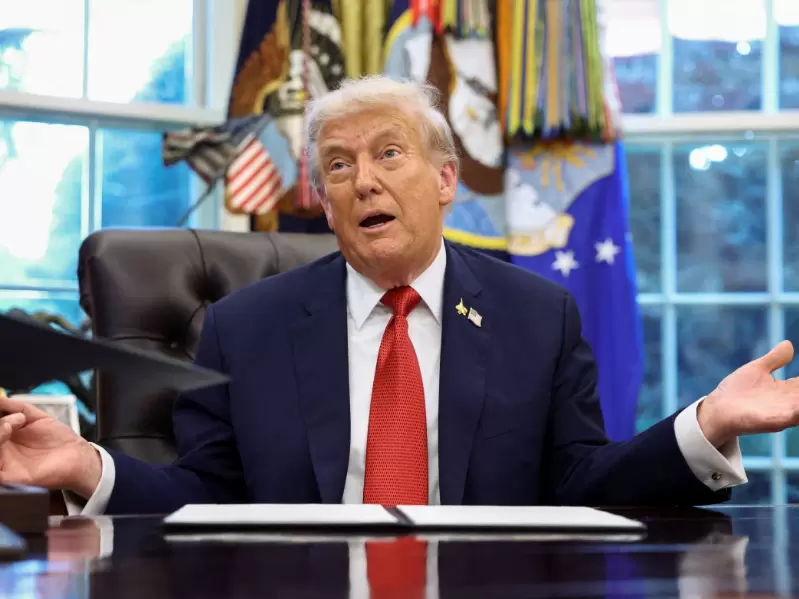

Comments
Start the conversation
Become a member of New India Abroad to start commenting.
Sign Up Now
Already have an account? Login